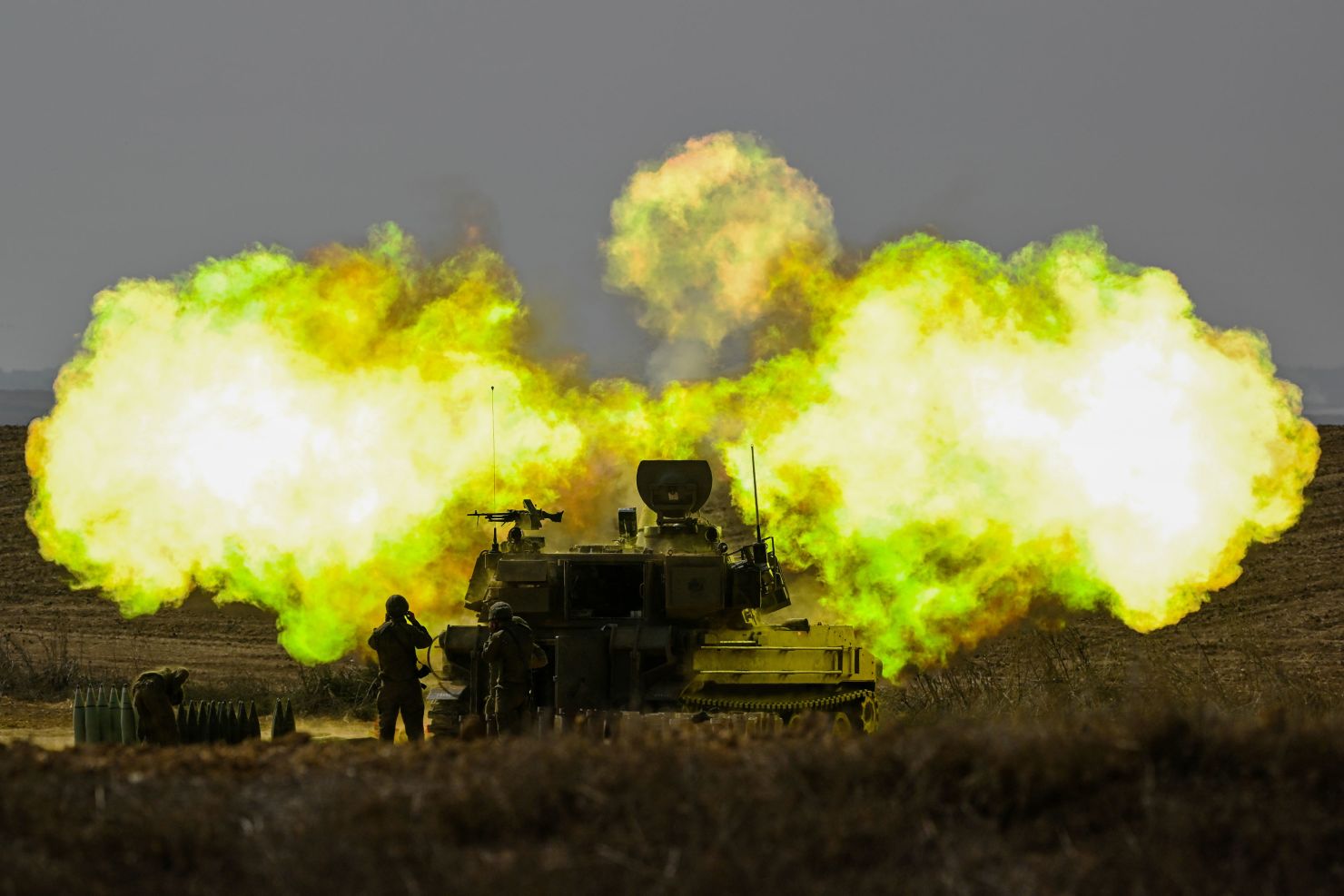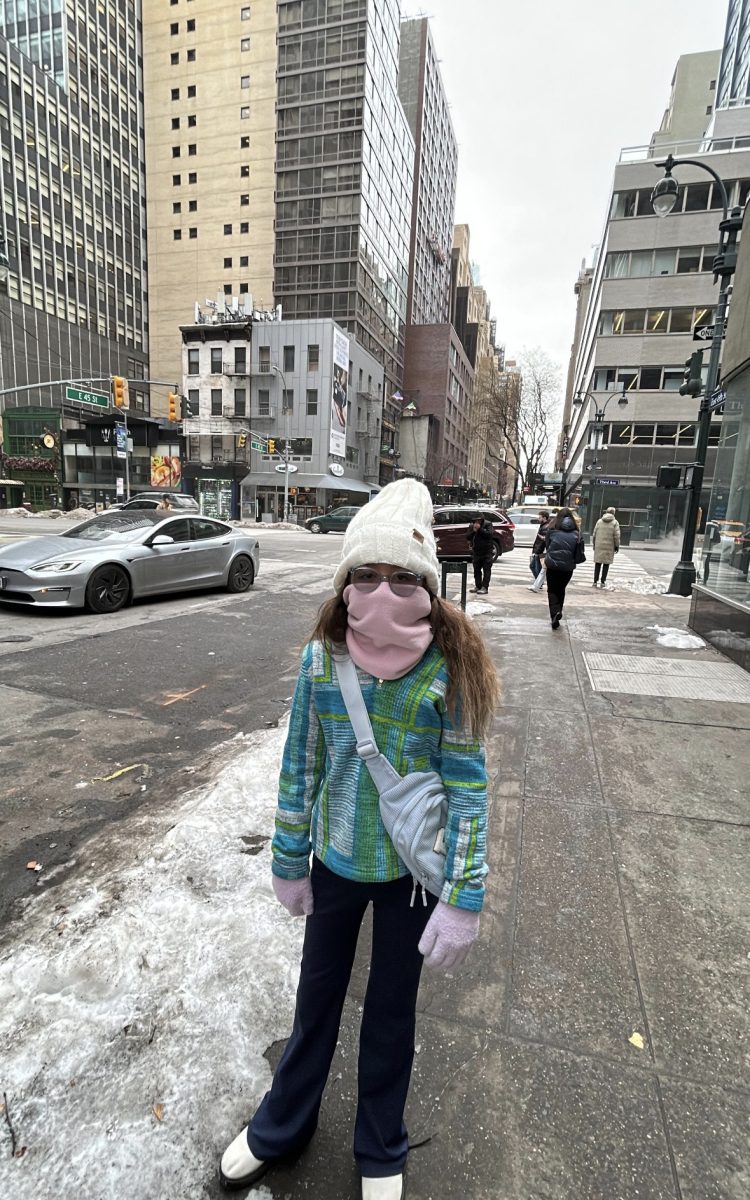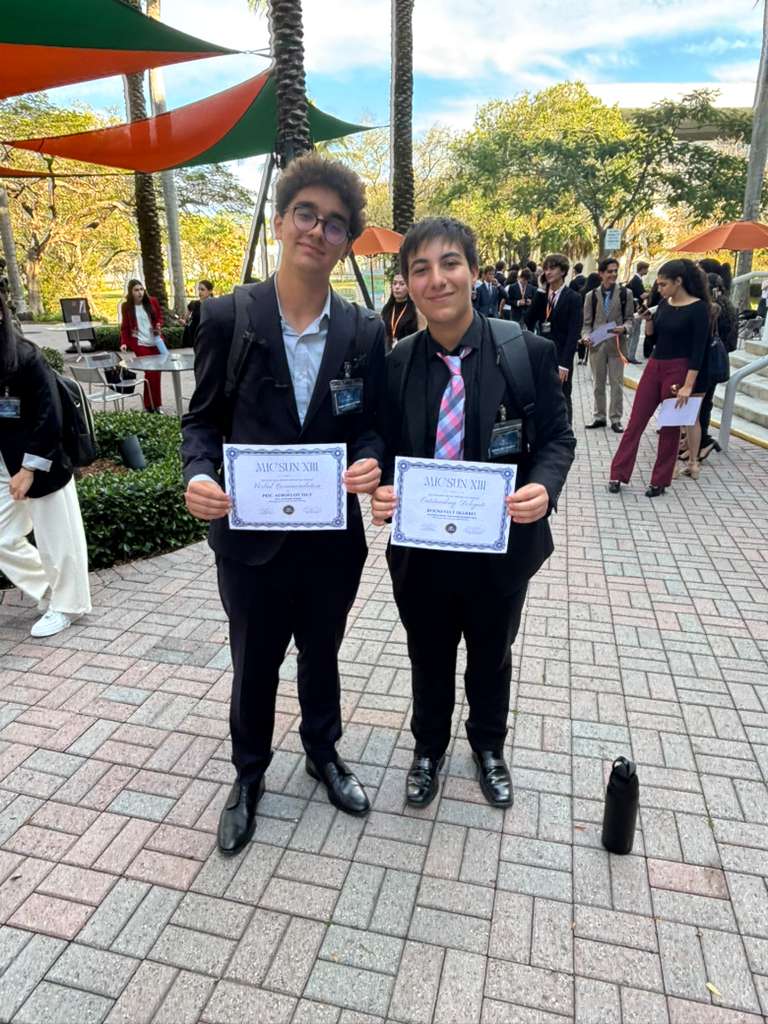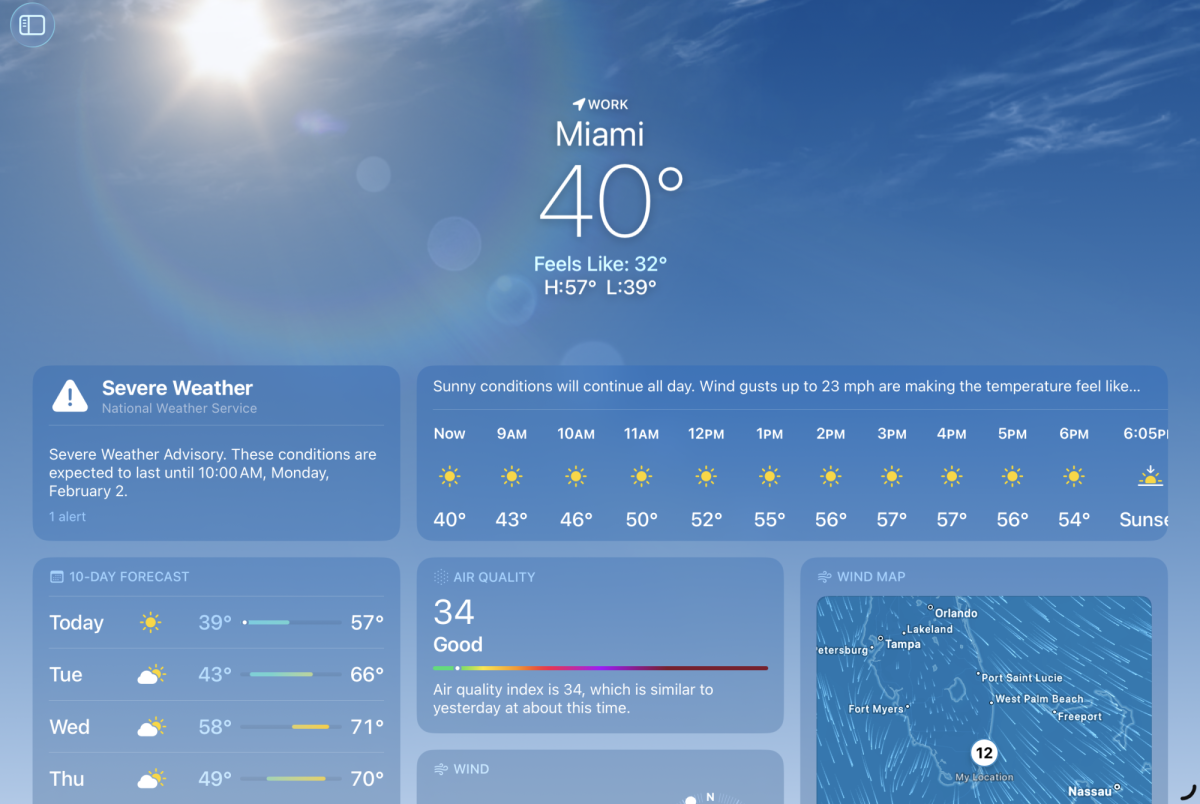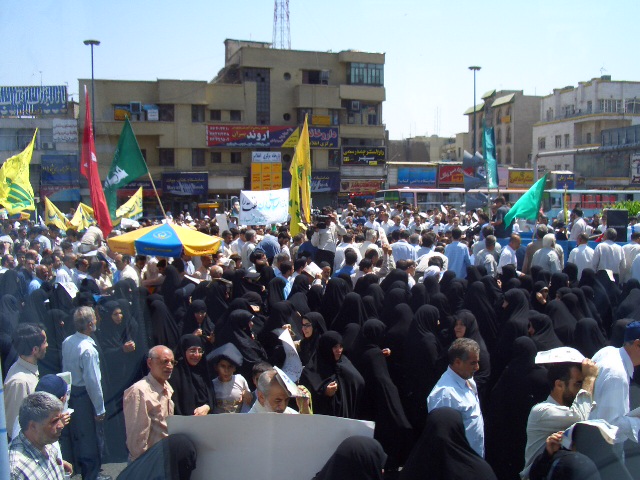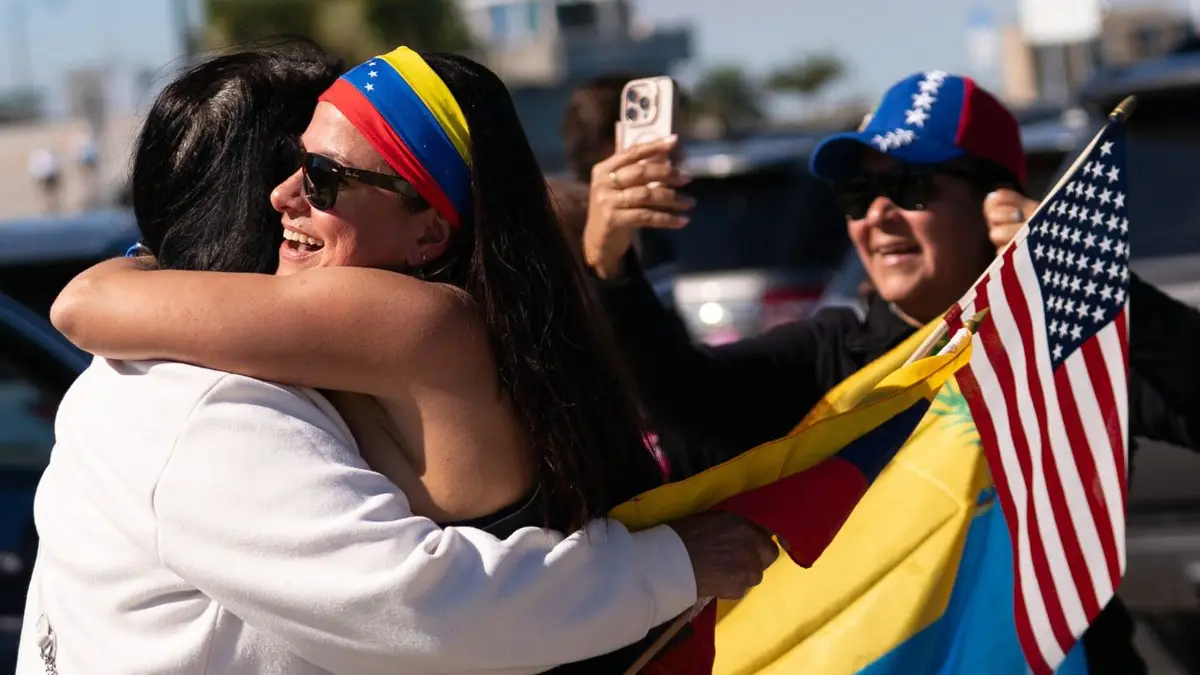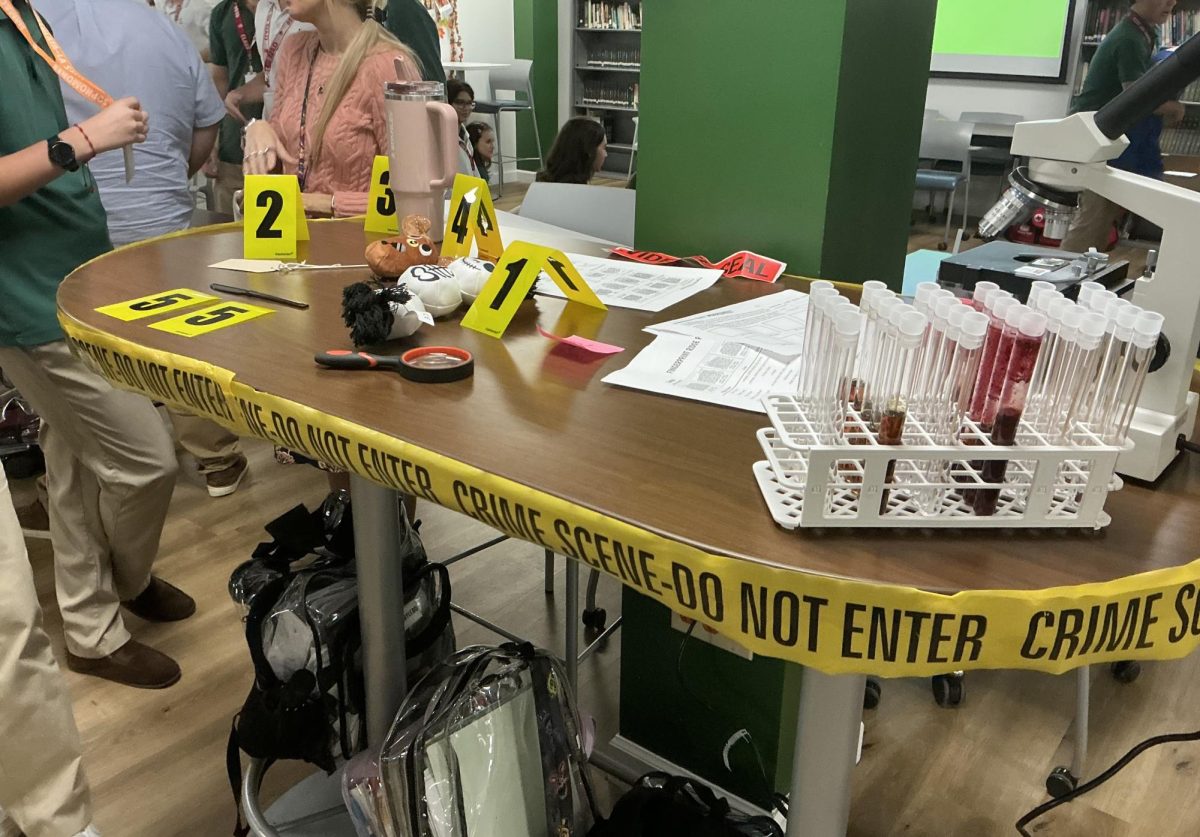You might have noticed the nightly news is awash with images of explosions raining down on a Middle Eastern part of the world known as Gaza.
On October 7th, 2023, thousands of rockets from Gaza in Palestine exploded Israeli towns. Gazan fighters broke through the border fence with Israel, allowing members of a terrorist group called Hamas to enter into Israeli territory. These terrorists were able to kill more than 1,400 people, injure 3,400, and take hostage 200-250 citizens. An unprecedented attack, this was the first time since 1948 that Israel has fought a battle in its own land since the Arab-Israeli War, and also the worst terrorist attack since 9/11. In retaliation, Israel responded with several air strikes that have devastated the Gaza Strip. This attack from Israel left more than 300,000 residents displaced. Israel has warned that If Palestinians don’t move to a safer part of the territory, they will face 400,000 Israeli soldiers looking to decimate Hamas militant units. Consequently, Israel has also cut off all electricity and water in Gaza. As of today, it is reported that there have been 5,785 people killed.
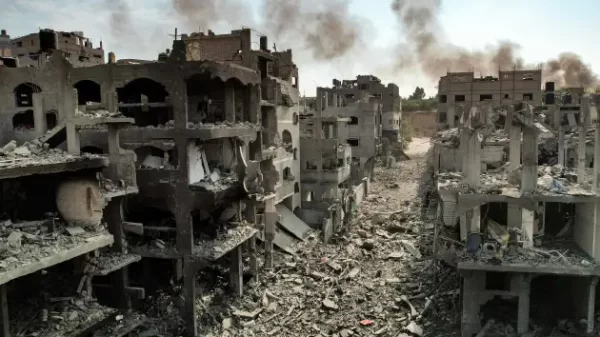
This war has not come out of nowhere. Israeli-Palestine relations have always been tense. In 1917, Britain took control of an area called Palestine, after the defeat of the Ottoman Empire, which ruled that part of the Middle East during World War I. This land was inhabited by two groups: an Arab majority and a Jewish minority.
The relationship between these two groups soured after the UK (United Kingdom) was given the task of establishing a home for Jewish people in Palestine. Jews claimed Palestine as their ancestral home, but Arabs also claimed the land and opposed the idea. As the Nazi Holocaust began, more Jews began to arrive in Palestine, fleeing persecution. Here violence between Jews and Arabs started to rise.
In 1947, the United Nations voted to split Palestine into a Jewish state and an Arab state. Jewish leaders embraced the idea, however, Arabs rejected it. Once 1948 came along, and Britain still hadn’t solved the problem, they withdrew from the project. Jewish leaders took matters into their own hands and declared the creation of the state of Israel. The next day, five Arab countries attacked. Hundreds of thousands of Palestinians were forced to leave their homes. By the following year, Israel controlled most of the territory. Since then, the conflict between the Jews and Arabs has not ended.
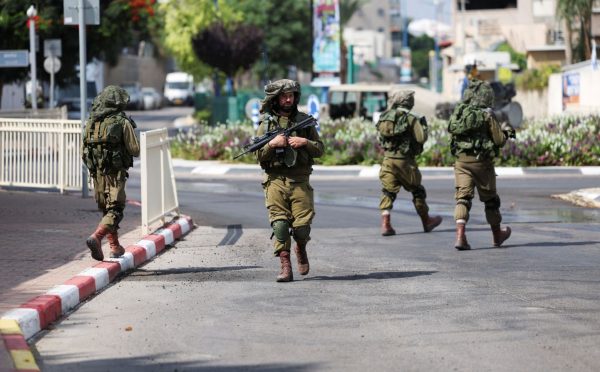
In response to the conflict, the United States condemned the terrorist group Hamas, supporting Israel. President Joe Biden said in a statement, “We stand with Israel. We stand with Israel. And we will make sure Israel has what it needs to take care of its citizens, defend itself, and respond to this attack.” Egypt, Sudan, Iran, Turkey, Saudi Arabia, Iran, Qatar, and Canada have voiced support for Palestine and Gaza. Canadian Prime Minister Justin Trudeau, emphasizing the humanitarian crisis in Gaza, pledged $10 million to assist with medical aid, food, and water. He assured none of this would go to Hamas. In a statement, he said: “Hamas does not represent the Palestinian people, nor their legitimate aspirations. They do not speak for Muslim or Arab communities, and they do not represent the better futures that Palestinians or their children deserve,”
“I think that it began because Jewish people have been expelled from every single state they’ve lived in historically. They were just coming out of the worst genocide the world has ever seen, and logically, it can be understood that they needed a state where they could self-determine. The problem is that there were already people living there, and yet the Israelis drove them out forcefully in the event called The Nakba. Since then, Israel has continued to place restrictions on Palestinian life in Gaza and the West Bank. Given the fact they faced the worst terrorist attack since 9/11, Israel retaliated by attempting to bomb Gaza out of existence. About half of the population in Gaza are children, and as such, Israel’s denial of food and water to Gazans constitutes as collective punishment under UN Law,” said senior Patricia Quimby-Moro.
A visit to observe Mr. JC Moyas’s International Relations class presented a prime opportunity to listen and learn.
“This is very bad for the world because if other countries like Lebanon come in or the USA comes in, it becomes worse. It’s a powderkeg,” said junior Joaquin Espinelli.
“I don’t think there should be a taking of sides because each side is supporting genocide. Supporting one side is going against the other. There shouldn’t be a division,” said senior Laura Cornide.
“I don’t want to compare it to the Holocaust but it could end up like that. People see this as an issue with Jewish people. My friend in Boston saw at a protest people beating up a Jewish person. Both sides are committing the same crime,” said senior Sophia Castillo.
“Hamas runs Gaza as a dictatorship. Hamas repurposes Nazi texts, translates them into Arabic, and teaches it to children. Their goal is the total annihilation of Jewish people,” said Mr. Moya. “One of the essential components of genocide is to teach kids to hate and to normalize conspiracy theories. This causes people to commit crimes we are usually disgusted by,” he continued.
This conflict, as of now, unfortunately, has no end in sight, which means that at ILS we will continue to pray for peace and stay informed.


